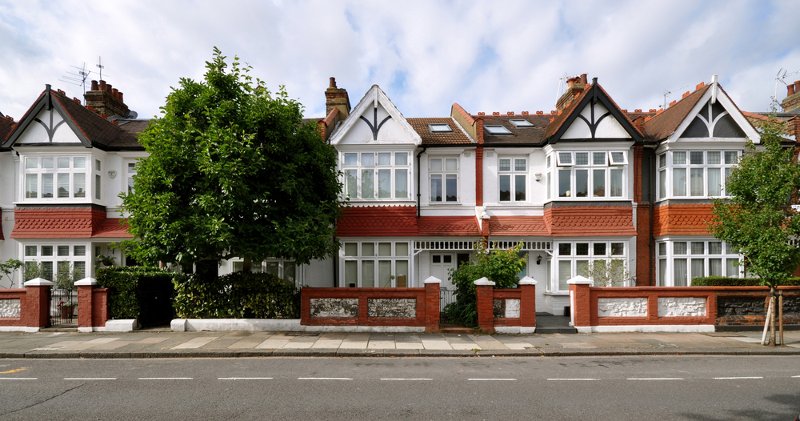Receipts from the Higher Rate for Additional Dwellings (HRAD) showed the additional 3% stamp duty land tax on buy-to-lets and second homes, fell by 24.6% to £372m. HRAD transactions dropped by 14.7% to 54,160.

Housing transactions in England, Wales and Northern Ireland fell 21.4% in Q1 2019 to now stand at 237,240, London Central Portfolio (LCP) has found by analysing HMRC’s stamp duty land tax statistics.
Receipts from the Higher Rate for Additional Dwellings (HRAD) showed the additional 3% stamp duty land tax on buy-to-lets and second homes, fell by 24.6% to £372m. HRAD transactions dropped by 14.7% to 54,160.
Naomi Heaton, chief executive of LCP, said: “The 21.4% drop in transactions in HMRC’s Quarterly Stamp Duty Land Tax report will not come as a surprise to those who read theMarch LCPAca Residential Index.
“This also reported a substantial 13.4% drop in transactions. Seasonality will have played a part as it traditionally takes a few weeks for buyers and sellers to get going after the festive period.
“However, there is no doubt which external force is having the most destructive impact on the UK housing market, and that is Brexit.
“Receipts have also seen a 26.2% fall this quarter and now stand at £1,757m, a massive drop of £623m on Q4 2018. This will make uncomfortable reading for the Exchequer, as the continued downward trend of falling receipts will be creating an ever-growing hole in the UK’s balance sheet.
“HRAD transactions have dropped as well by 14.7% to 54,160. This would suggest that both foreign investors and multi-property landlords are withdrawing from the market as continued political uncertainty gnaws away.
“The lack of a clear road map post-Brexit is leaving the UK housing market in limbo.”
Over the last year the stamp duty tax take has fallen by almost £750,000.
The number of transactions claiming First Time Buyers’ Relief has also fallen for the first time since its introduction and this quarter sees a fall of 23.0% to 46,800.
Heaton added: “Despite softening prices, it also appears that first-time buyers are willing to wait and see what the rest of the year will hold before they make their move. This will be a blow for one of the government’s flagship initiatives.
“Since our last report, the Chancellor confirmed his intention to introduce an additional 1% levy on purchases for overseas buyers.
“One would have thought that with Brexit looming he would be doing everything within his power to emphasise the fact the UK is open for business to the overseas investor.
“It appears that he has not learnt from the previous chancellor’s mistakes: that continued increases to residential taxes has the knock-on effect of both suppressing transactions and revenue for the Exchequer.
“It seems short-sighted to hit the property market, at such a low ebb, with a tax apparently designed to appeal to the popular vote.
“The HMRC’s latest release does not bring with it good news. With the recent extension to the UK’s departure from the EU, it is unlikely that we will see any material change to the status quo until our politicians can start pulling in the same direction, whichever way that might be.”
LCP hasanalysedHMRC’s Stamp Duty Land Tax (SDLT) statistics, released yesterday. For completeness, the analysis adds back transactions and receipts from the Welsh Revenue Authority, as Wales has been omitted from the HMRC SDLT report since Q2 2018.
It also takes into account First Time Buyers’ Relief introduced in November 2017.



